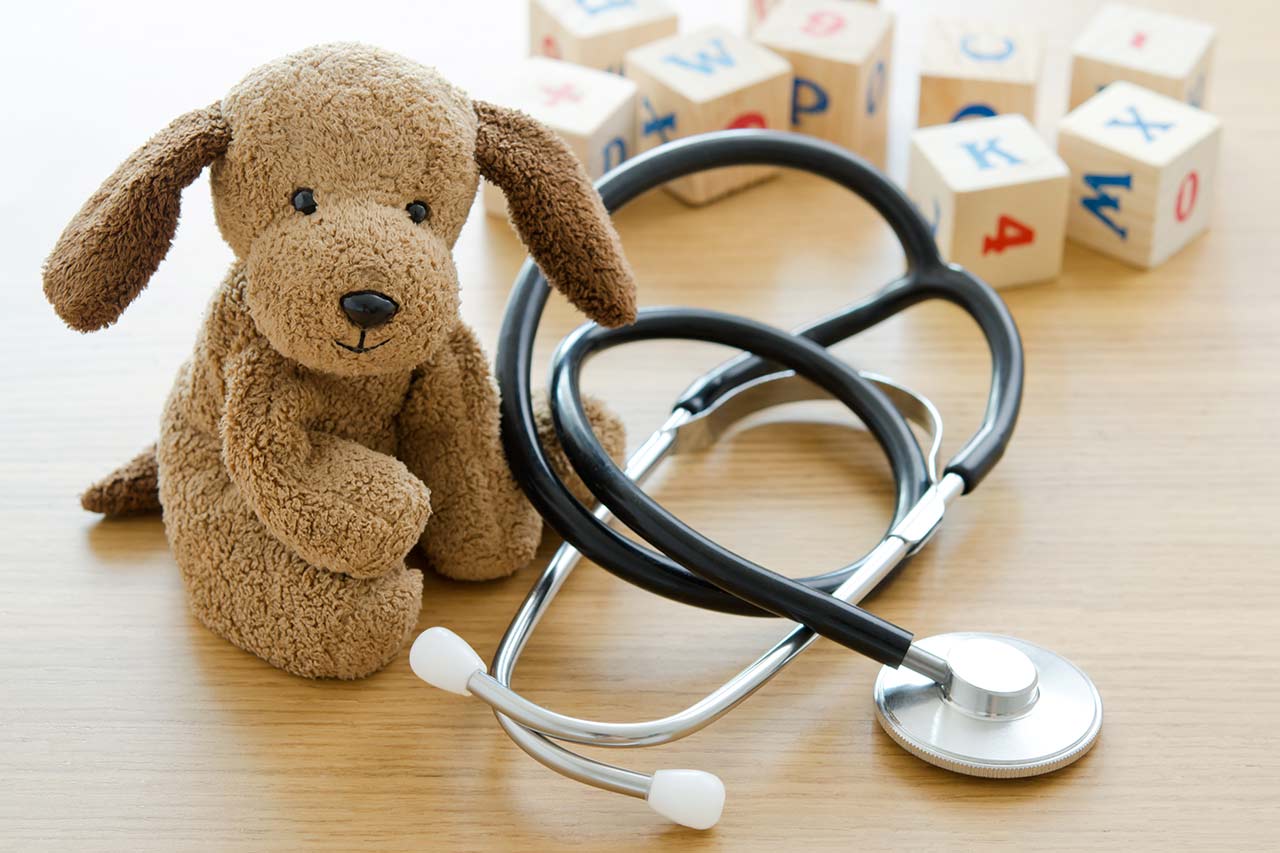Paediatric drugs, a continuing need

In December 2006, the European Parliament adopted the Regulation on medicinal products for paediatric use aiming to stimulate pharmaceutical companies to develop medicinal forms intended for children. The European Medicines Agency (EMA) has been noting a significant increase in the number of new paediatric drugs; nevertheless, there is still a genuine need in this area. In fact, today, more than 50% of paediatric prescriptions are for off-label uses. Alcimed, an innovation and new business consulting firm, examined the factors that still limit the development of paediatric drugs, 10 years after the law was introduced.
Paediatrics, a neglected medical specialty
Even if for the most common symptoms, such as fever, cough or dental pain, there are medications suitable for children; their arsenal is quite limited for more serious pathologies. To compensate for the lack of suitable paediatric forms, doctors are administering drugs for adults, adjusting the dosage according to age, weight or the intensity of symptoms. This requires health care teams to crush, cut and dilute the drugs designed for adults, thus running the risk of underdosing and inefficacy, or, more seriously, having it lead to side effects associated with off-label use.
Europe’s incentive regulation
In response to this situation, Europe decided in 2007 to impose an obligation on pharmaceutical companies developing a drug for adults to submit a paediatric investigation plan (PIP) to the European Committee for Paediatric Medicinal Products (PDCO). This measure aims to ensure that paediatric formulations are included in the overall development plan of any new active ingredient. In the event that the product has no application for children, potential derogations need to be justified by the manufacturers. To compensate for the additional imposed requirements, the manufacturers benefit from increased protection measures depending on the status of the evaluated paediatric product:
– 6-month patent extension for new products,
– Exclusive status for the developed paediatric indication for medicinal products already authorised and those in the public domain,
– Additional 2 years of market exclusivity for orphan drugs.
The results remain modest
More than 10 years after the publication of the European Regulation, interest in paediatric medications is gradually rising. The number of PIP filings is increasing and new drugs are emerging: since 2008, more than 18,000 paediatric studies – involving around 2,200 medicinal products – have been submitted to the competent European authorities; the proportion of clinical trials involving children increased by 50% between 2007 and 2016, and, of the 152 new medicines marketed since the entry into force of the Regulation, 31 have been authorised for use in children and adolescents with many more paediatric authorizations expected in the coming years [1].
Unfortunately, even though the situation is improving, several issues still persist. Paediatric clinical trials are always frightening for parents, often making it difficult to recruit the number of children needed for the study to be statistically significant. Additionally, for safety and ethical reasons, clinical trials in children take longer to set up, which leads to delays in the marketing of these products. Finally, the development of formulations adapted for paediatric use and the conduct of dedicated clinical trials require considerable investments, the yield of which is uncertain in case of rare diseases. The democratization of paediatric clinical trials and the associated change in practices can help overcome some of these barriers but whether that will be the case still remains to be seen.
“The entry into force of the Paediatric Medicines Regulation has brought about several significant improvements, including a higher quality of research and a wider supply of paediatric medicines in the EU; however, due to the long drug development process, it will take several more years for all of its effects to become evident.” concludes Marie Rolin, Project Manager in the Alcimed Healthcare BU in Paris.
[1] https://solidarites-sante.gouv.fr
Do you have an exploration project?
Our explorers are ready to discuss it with you